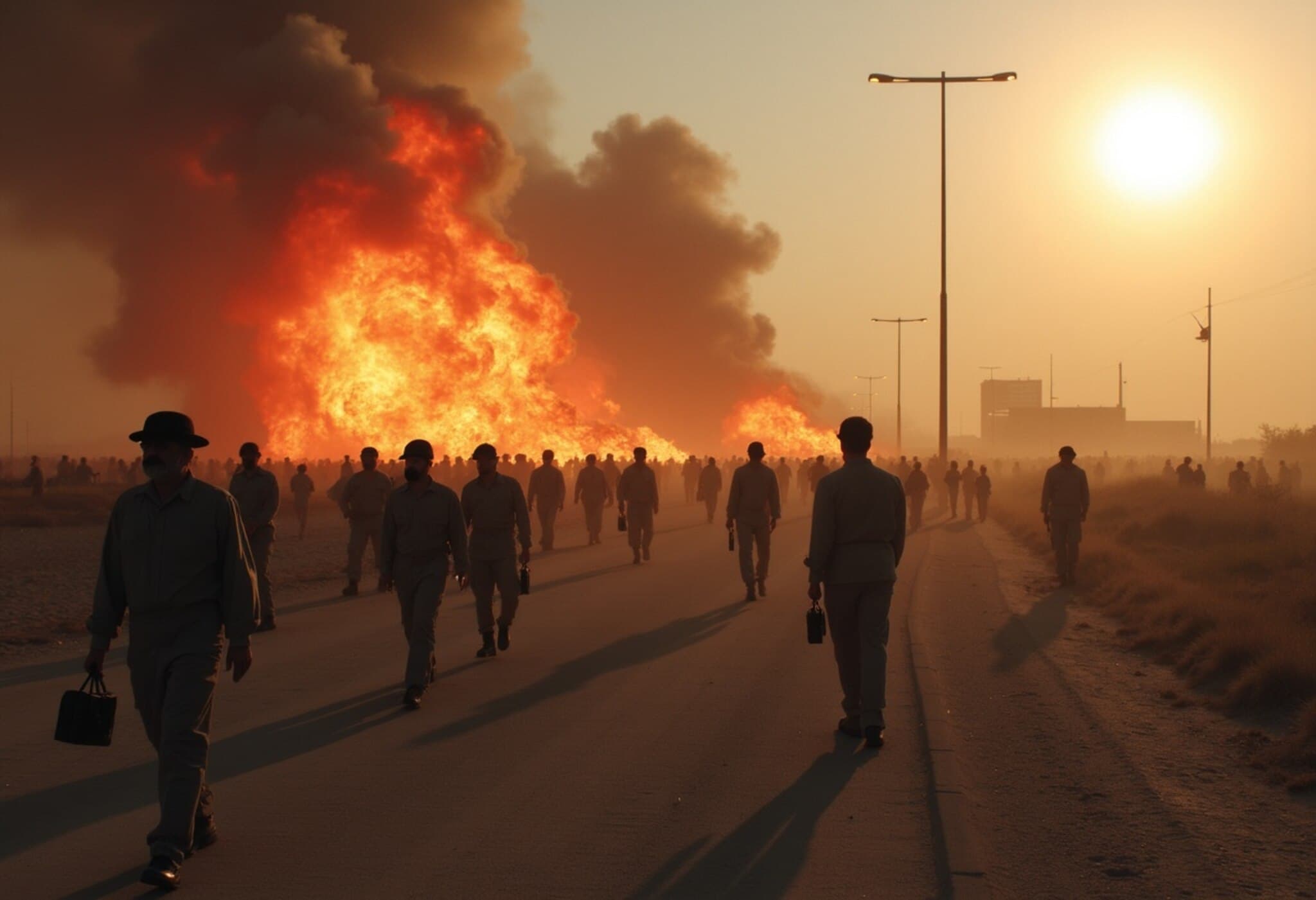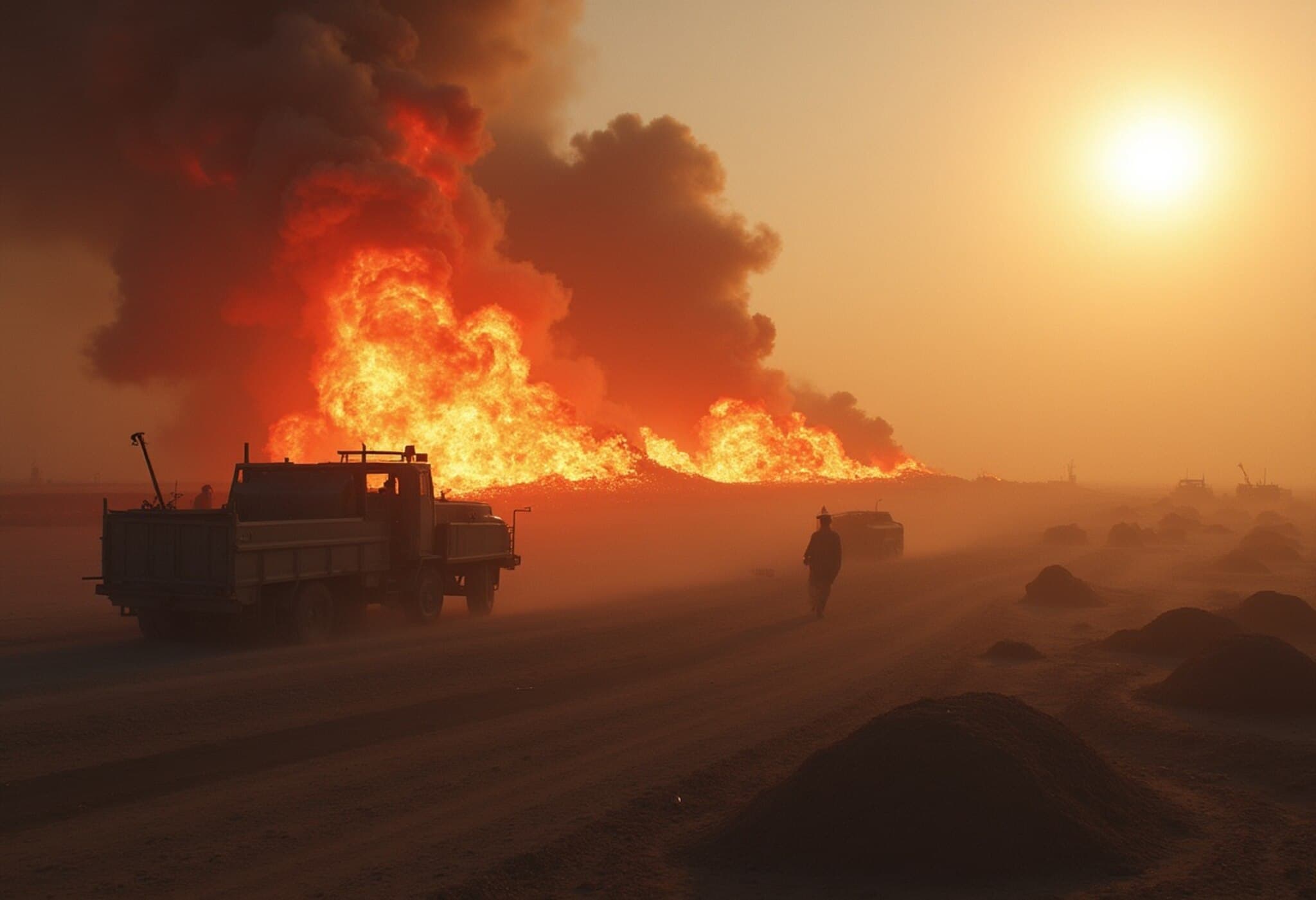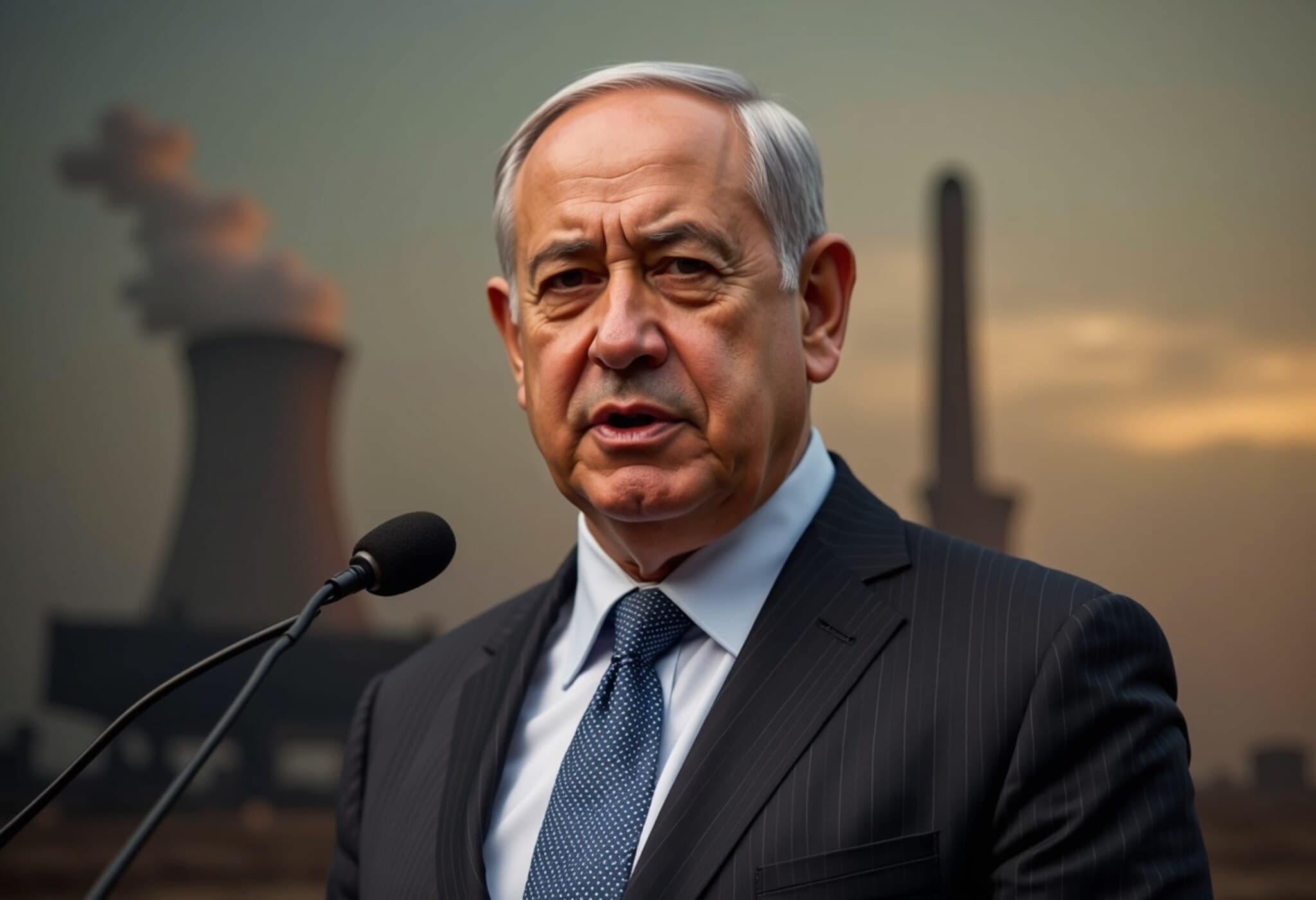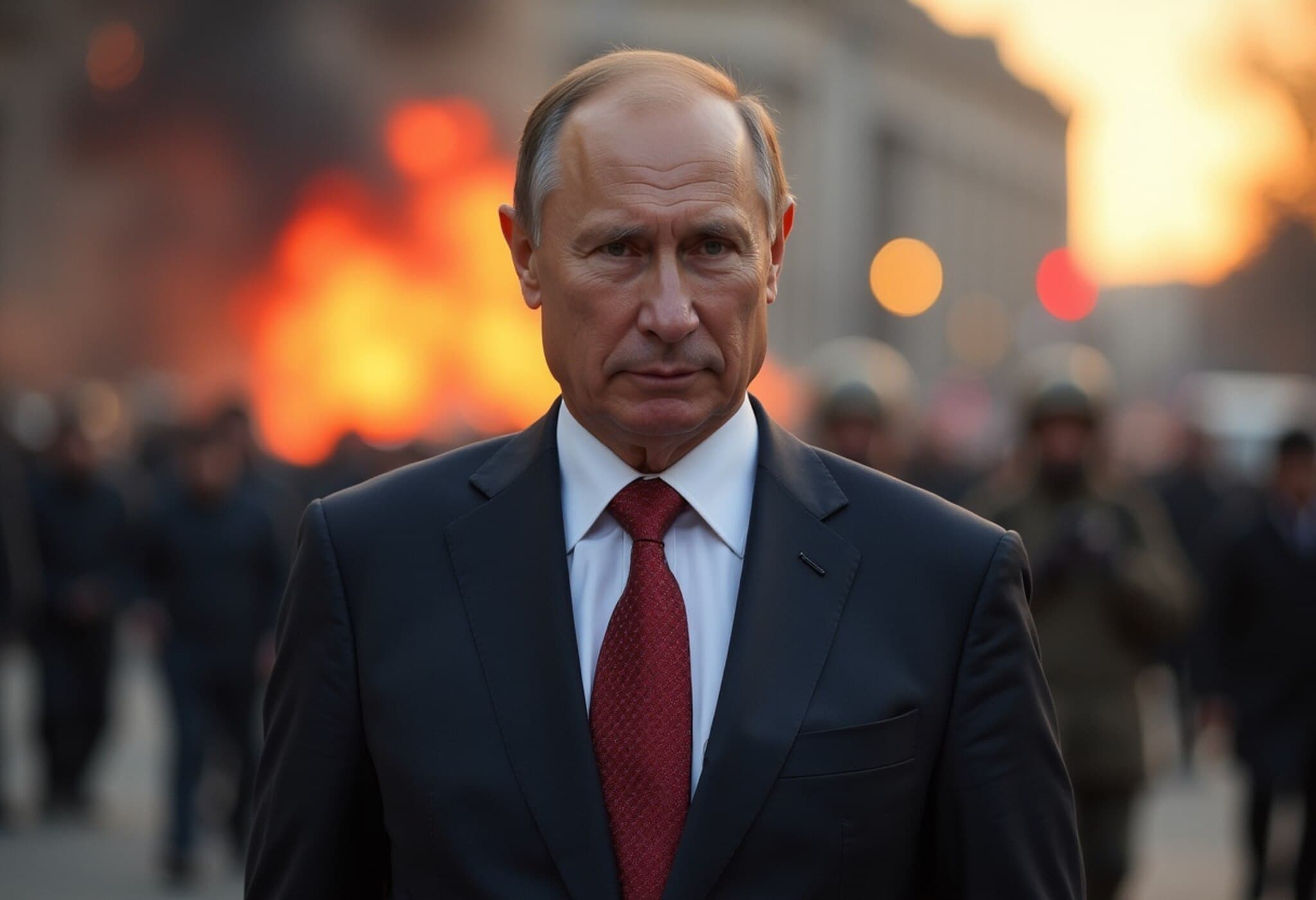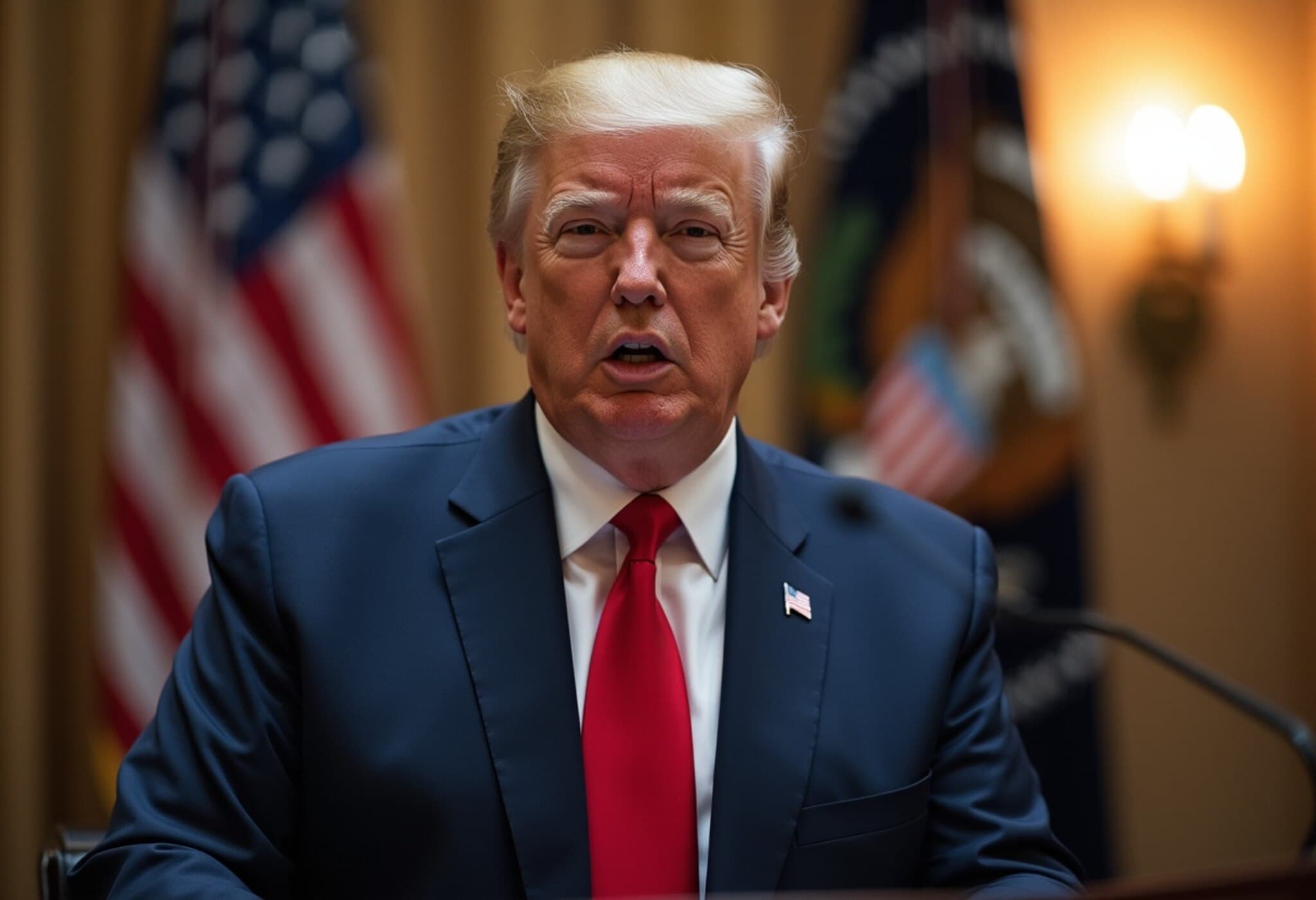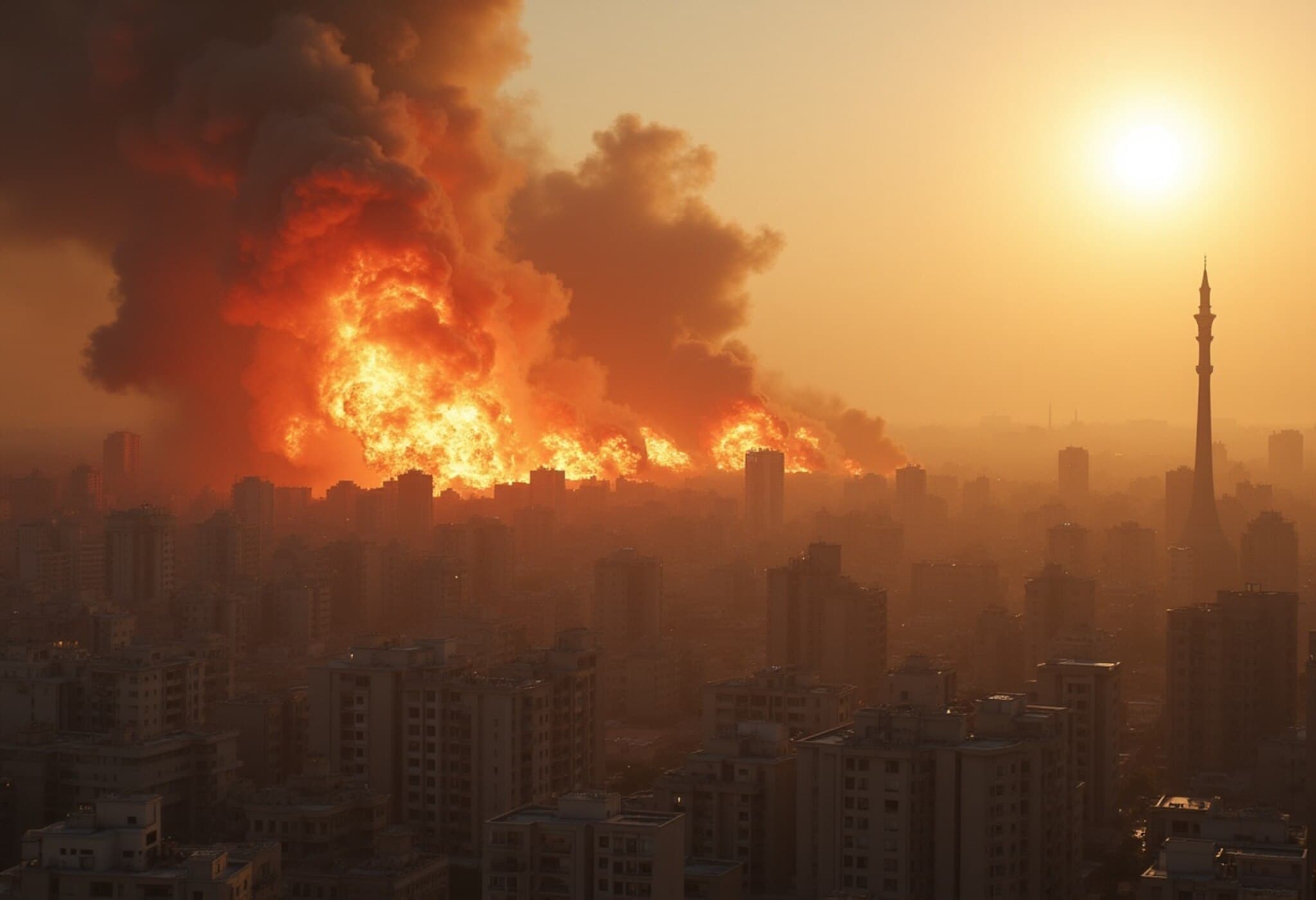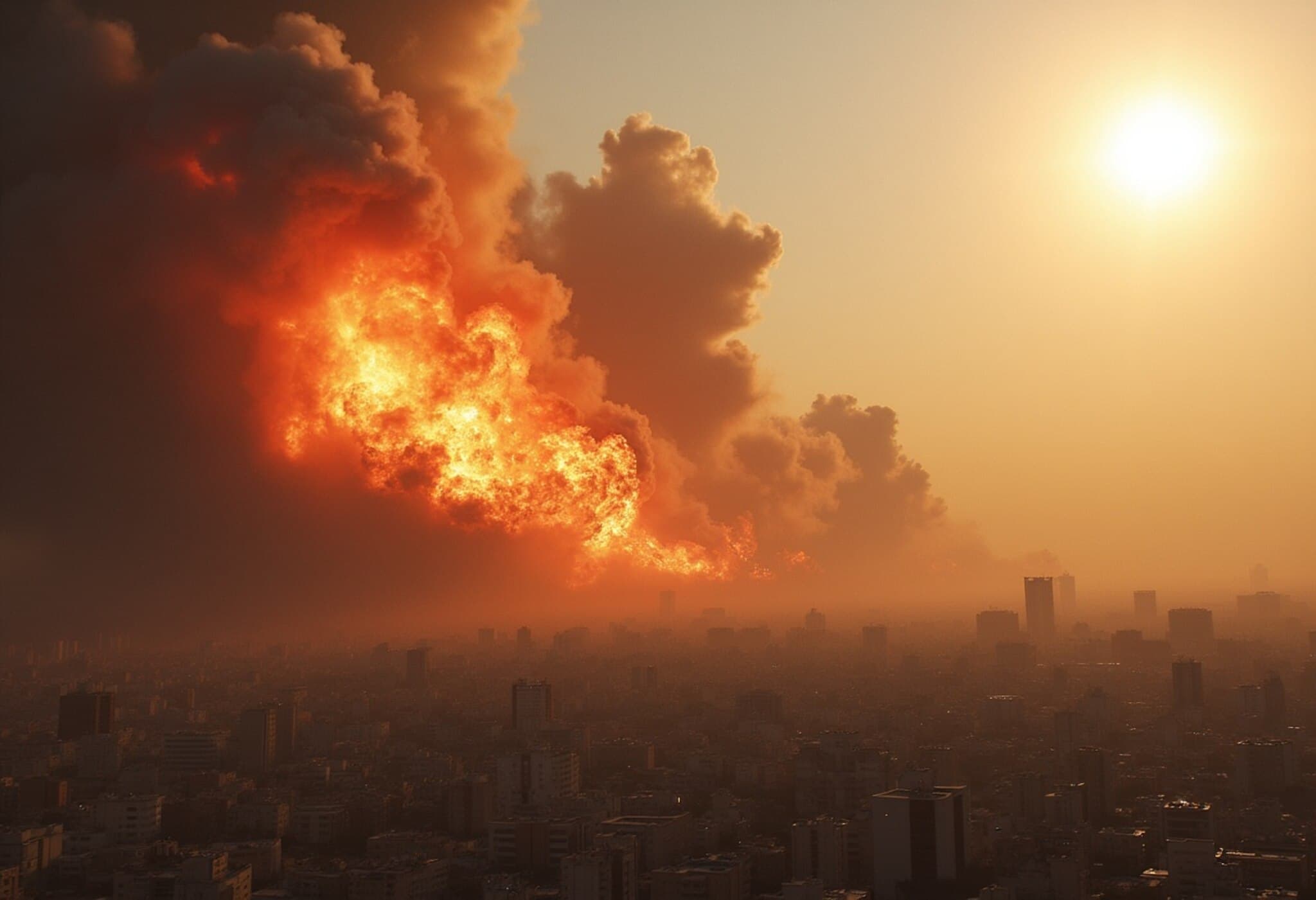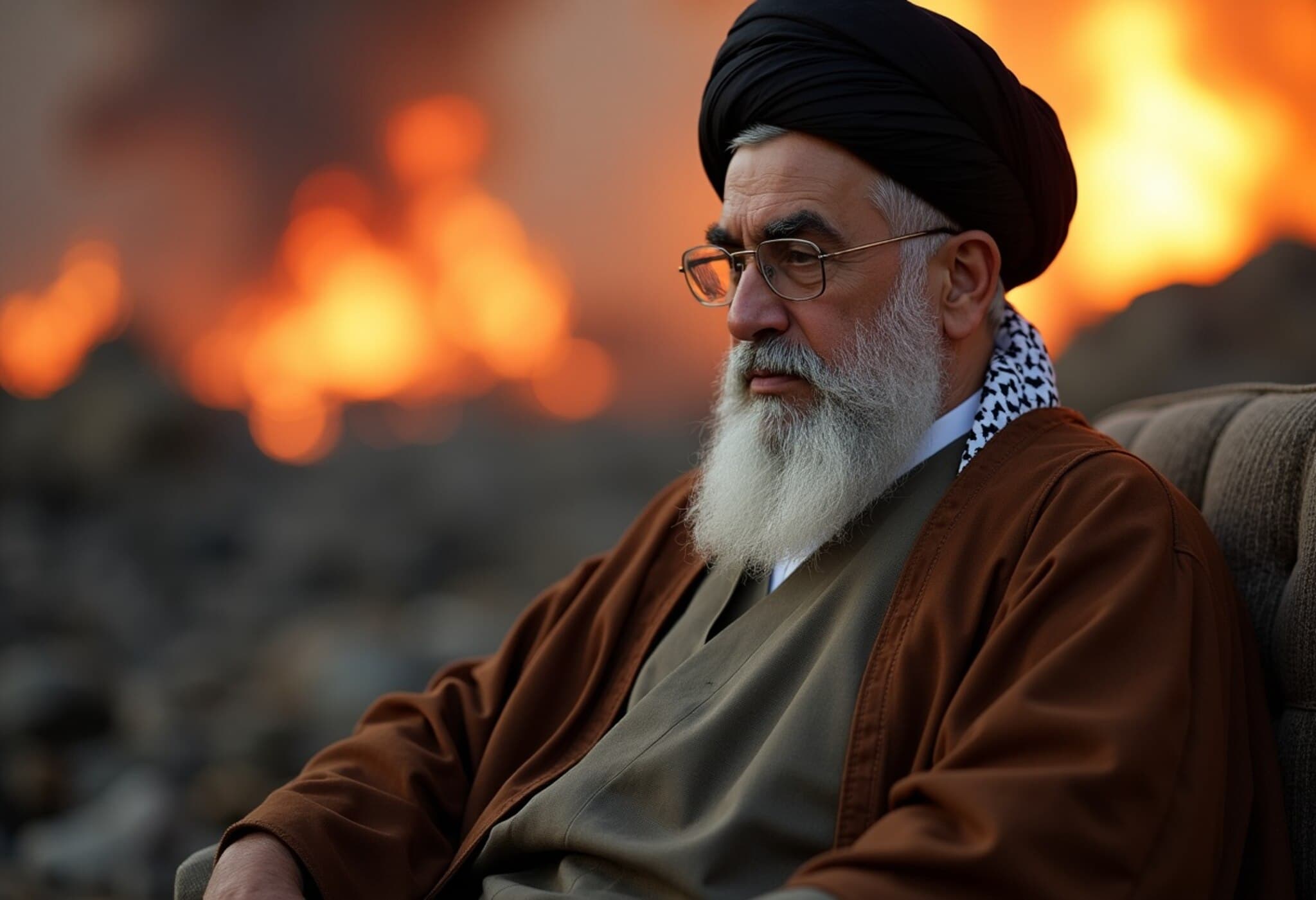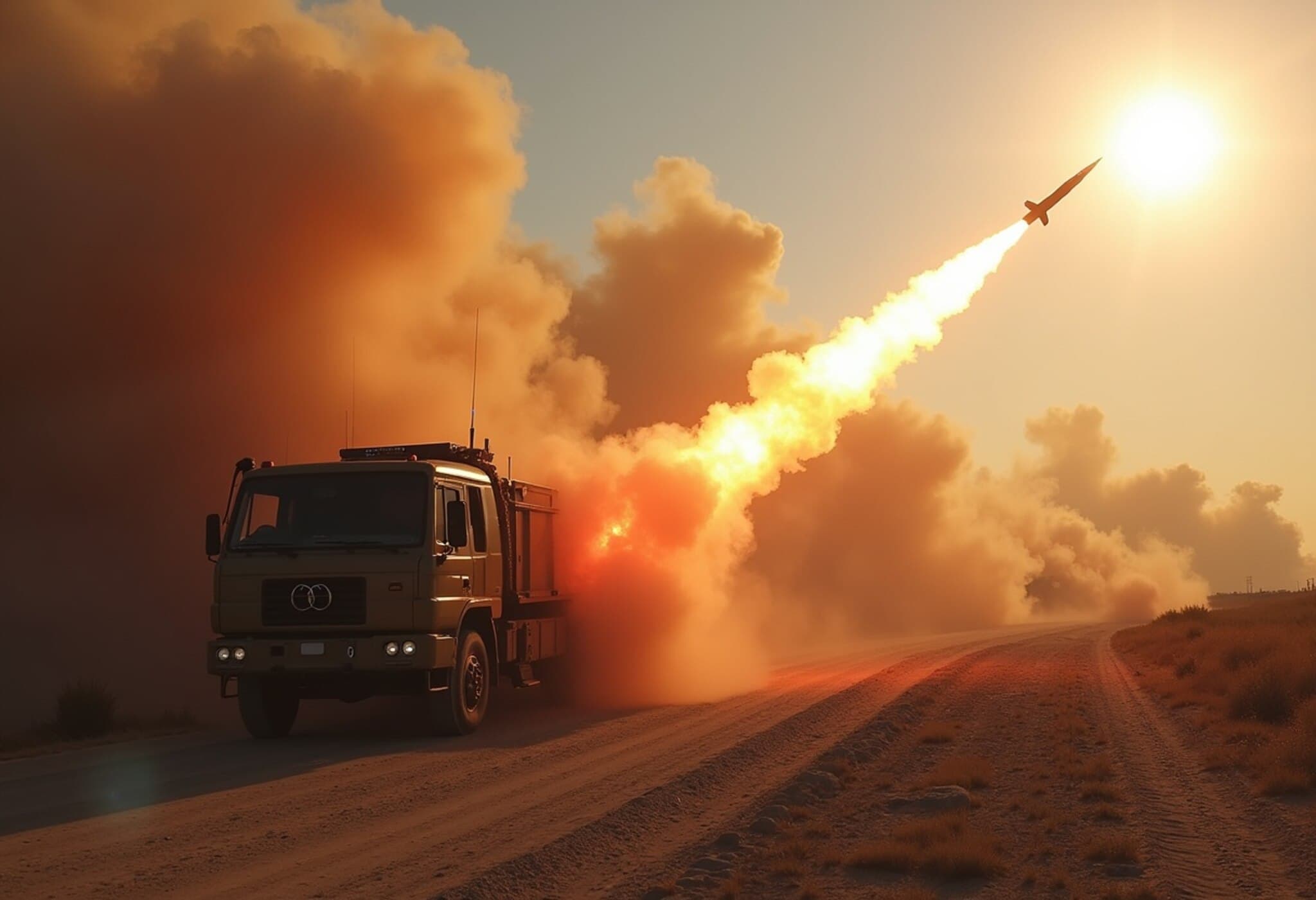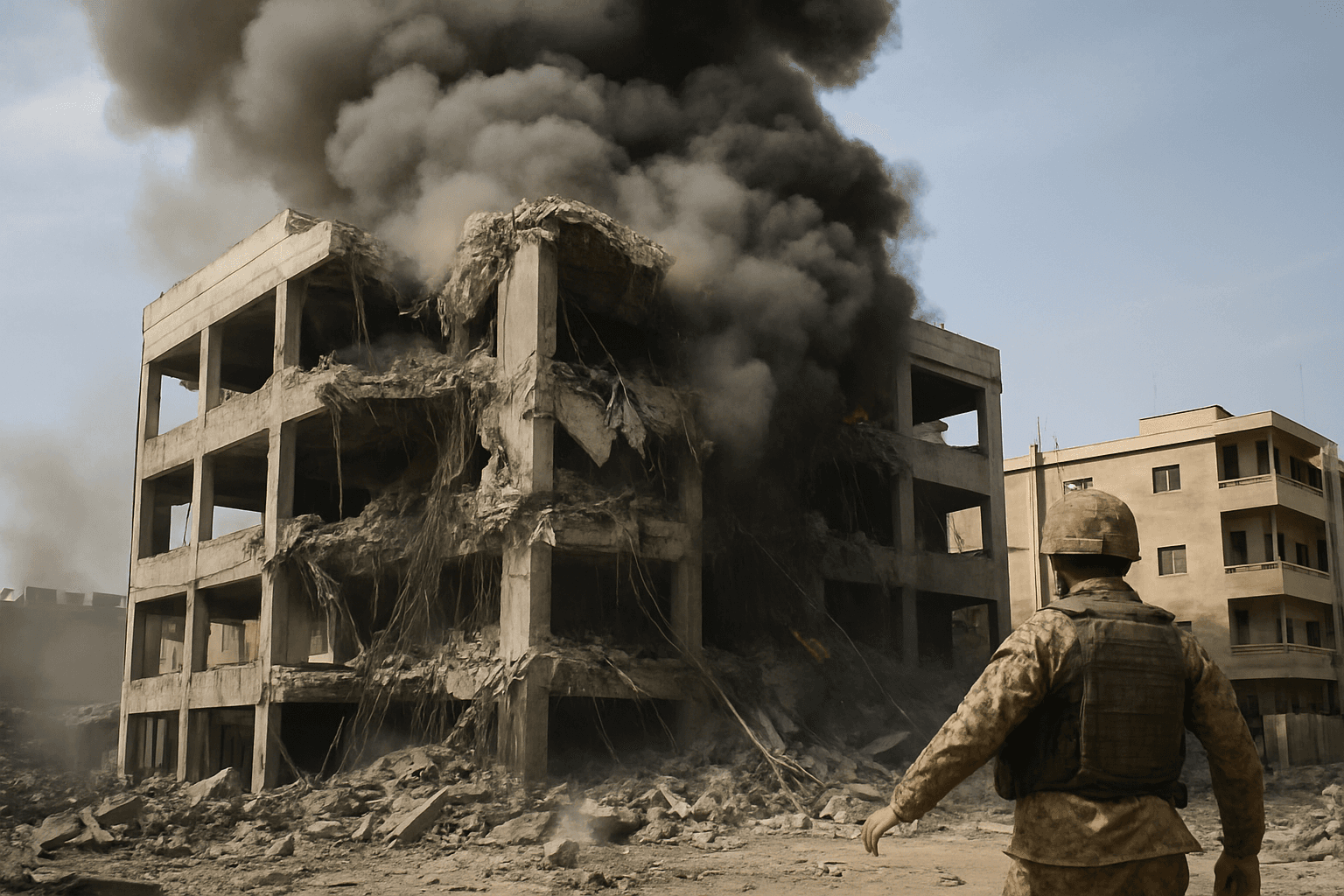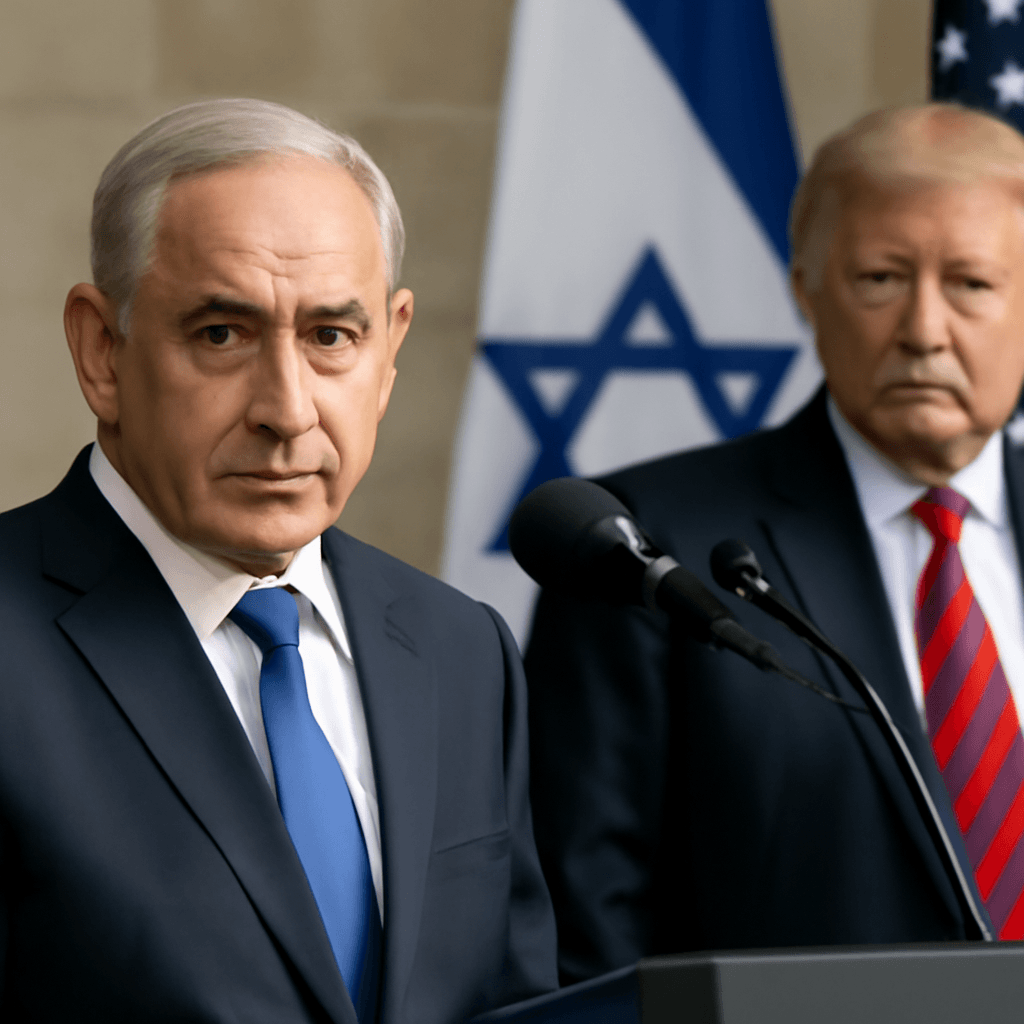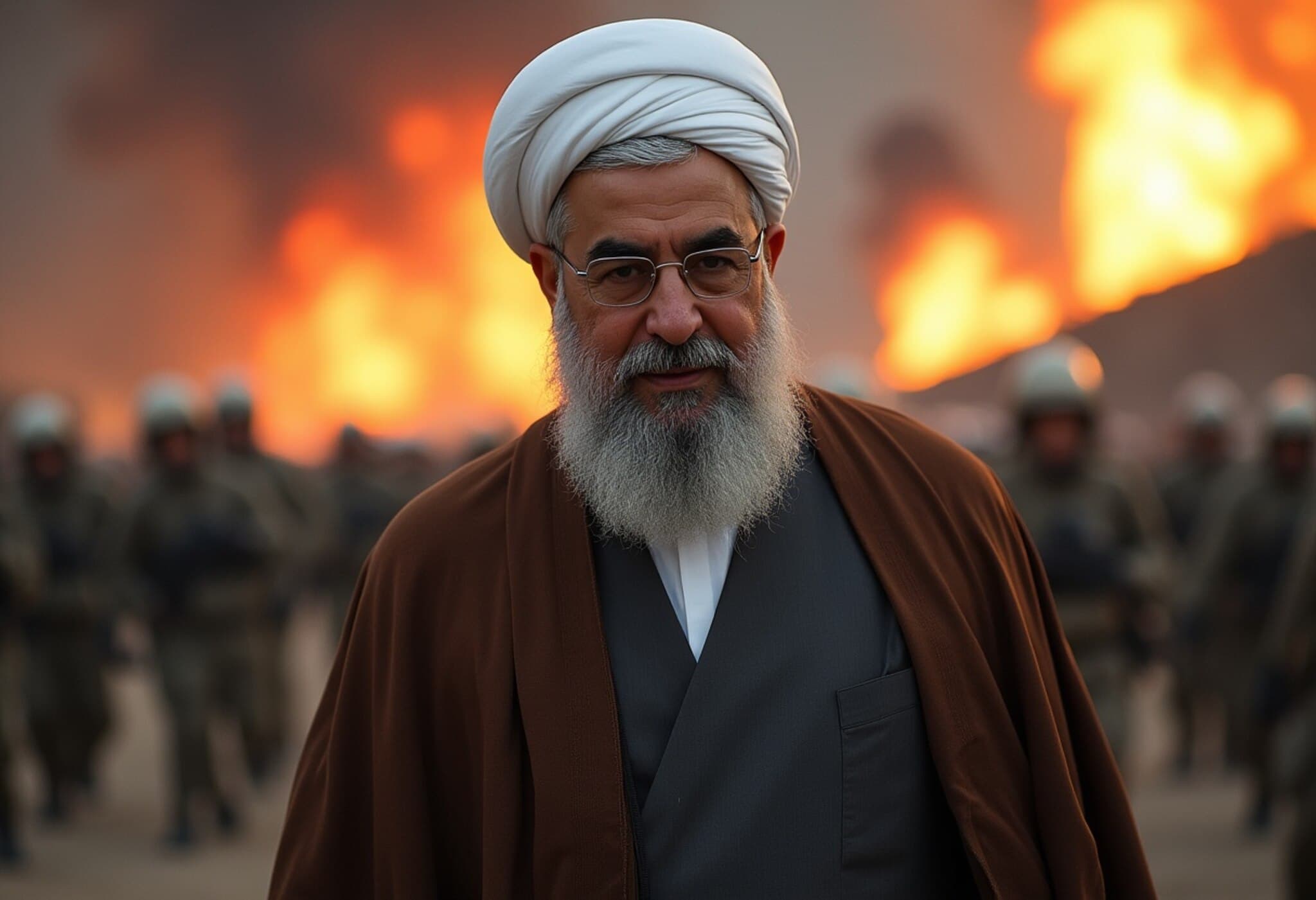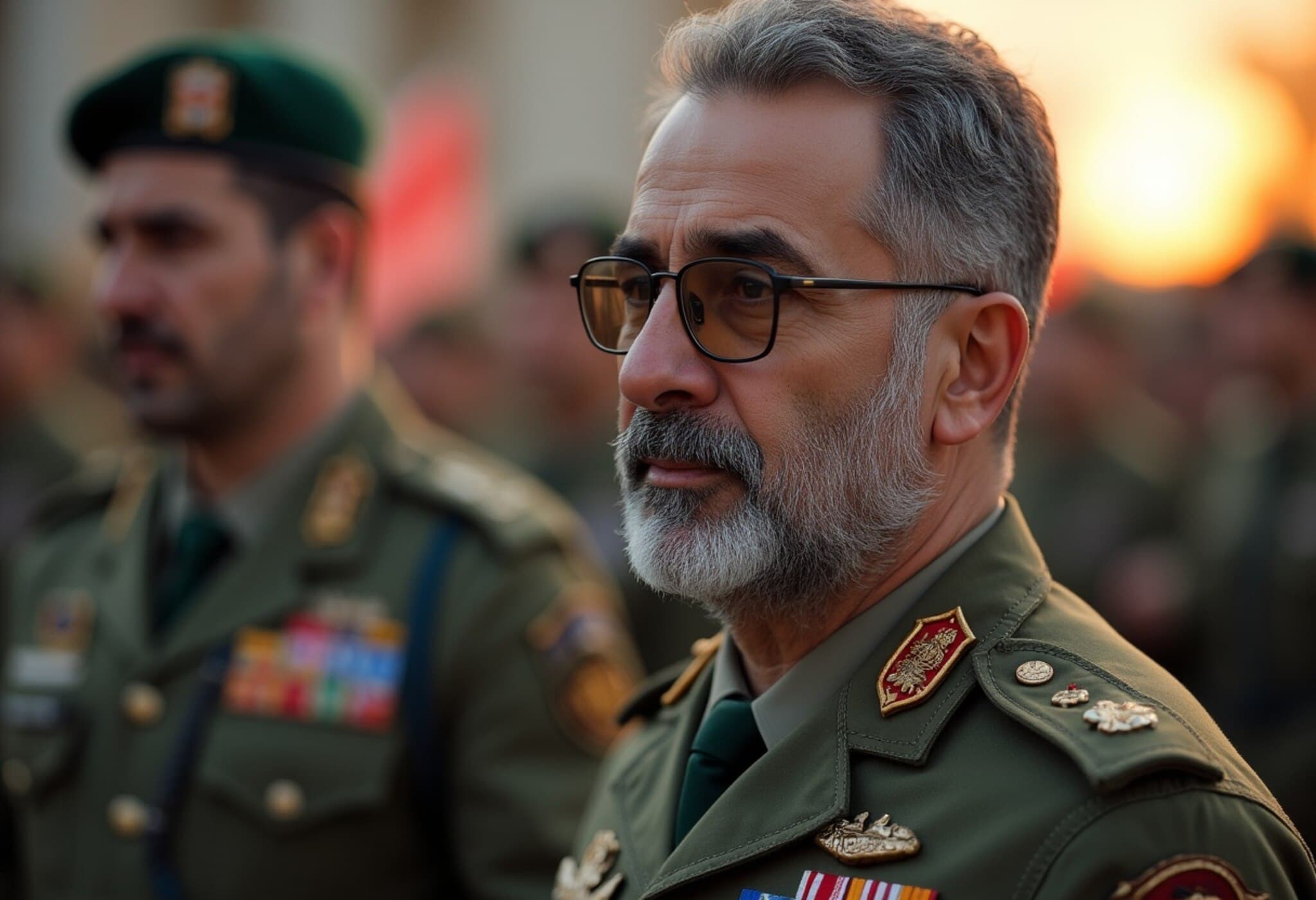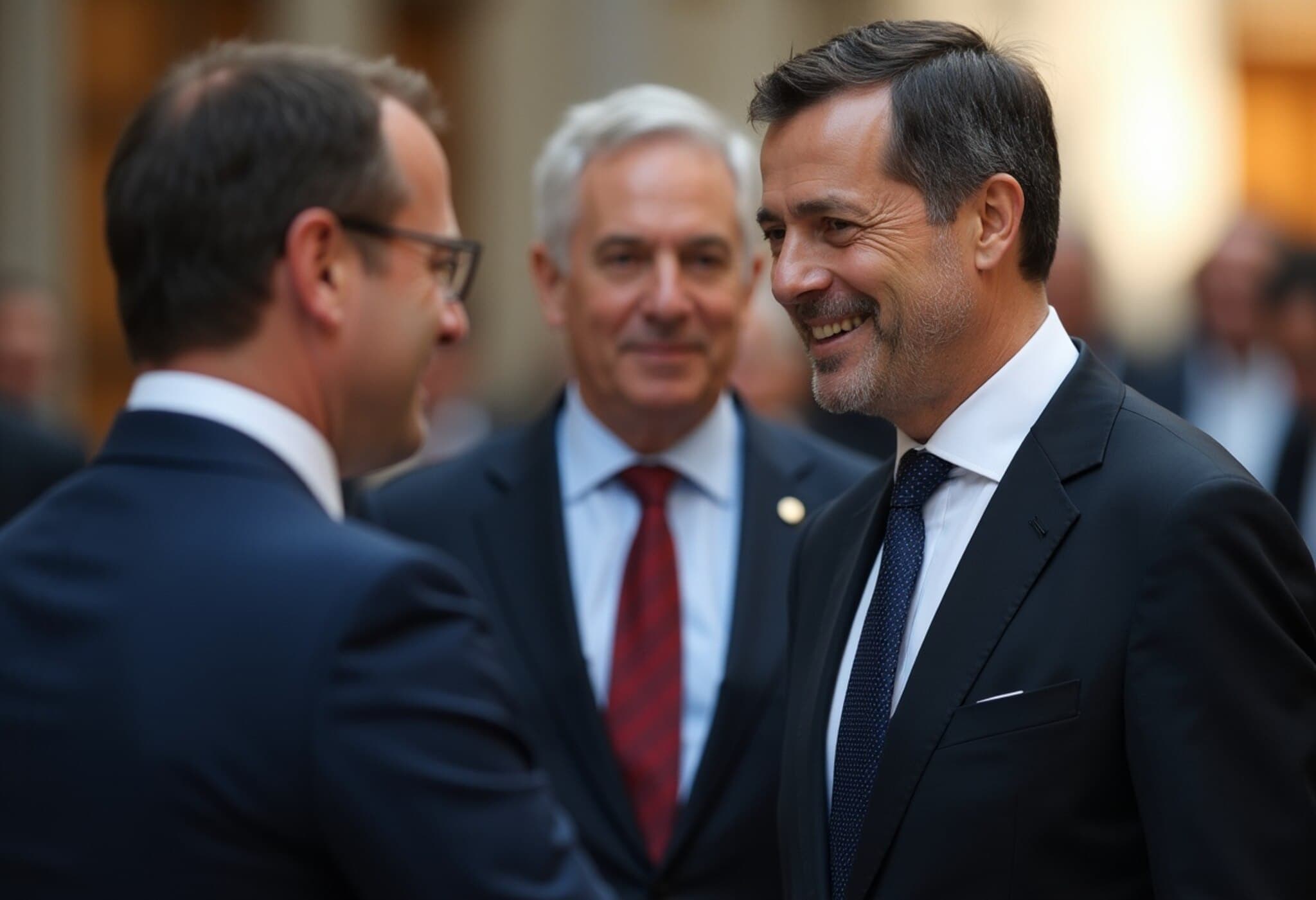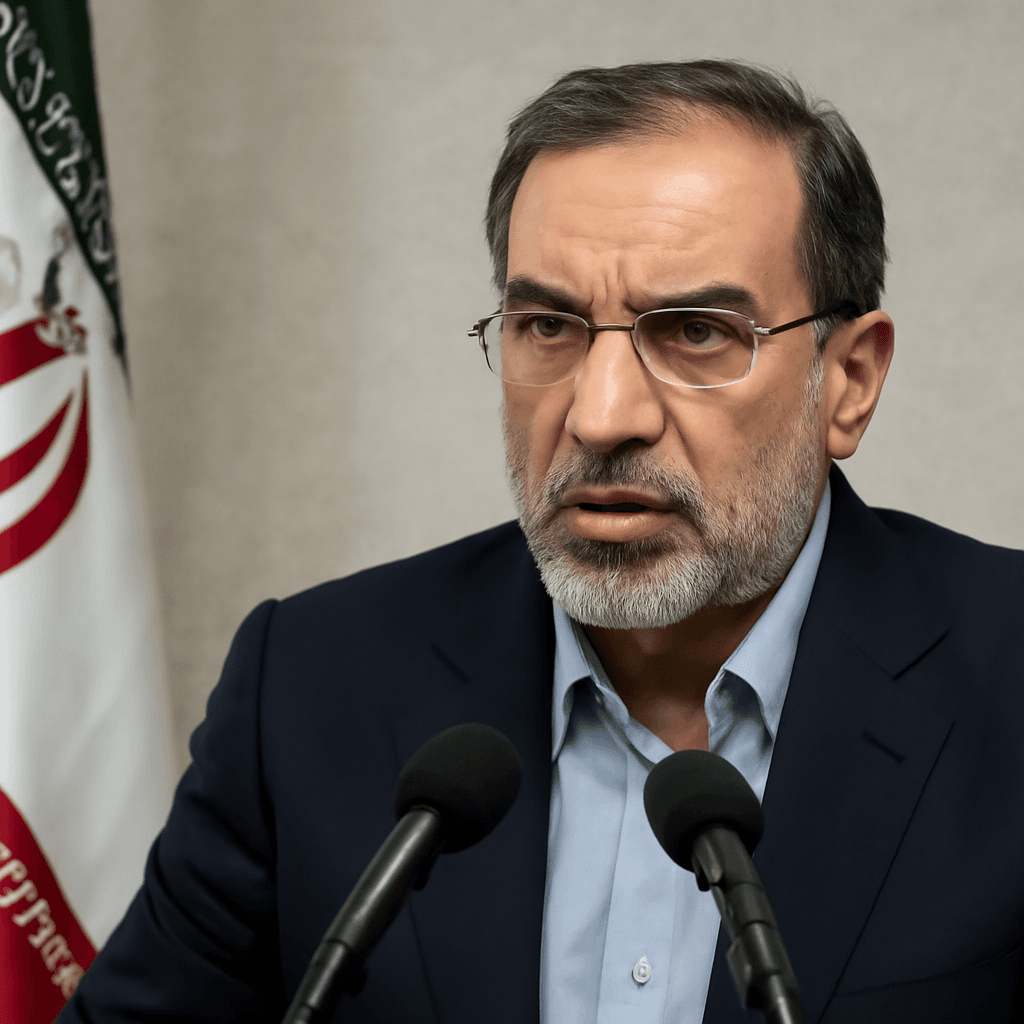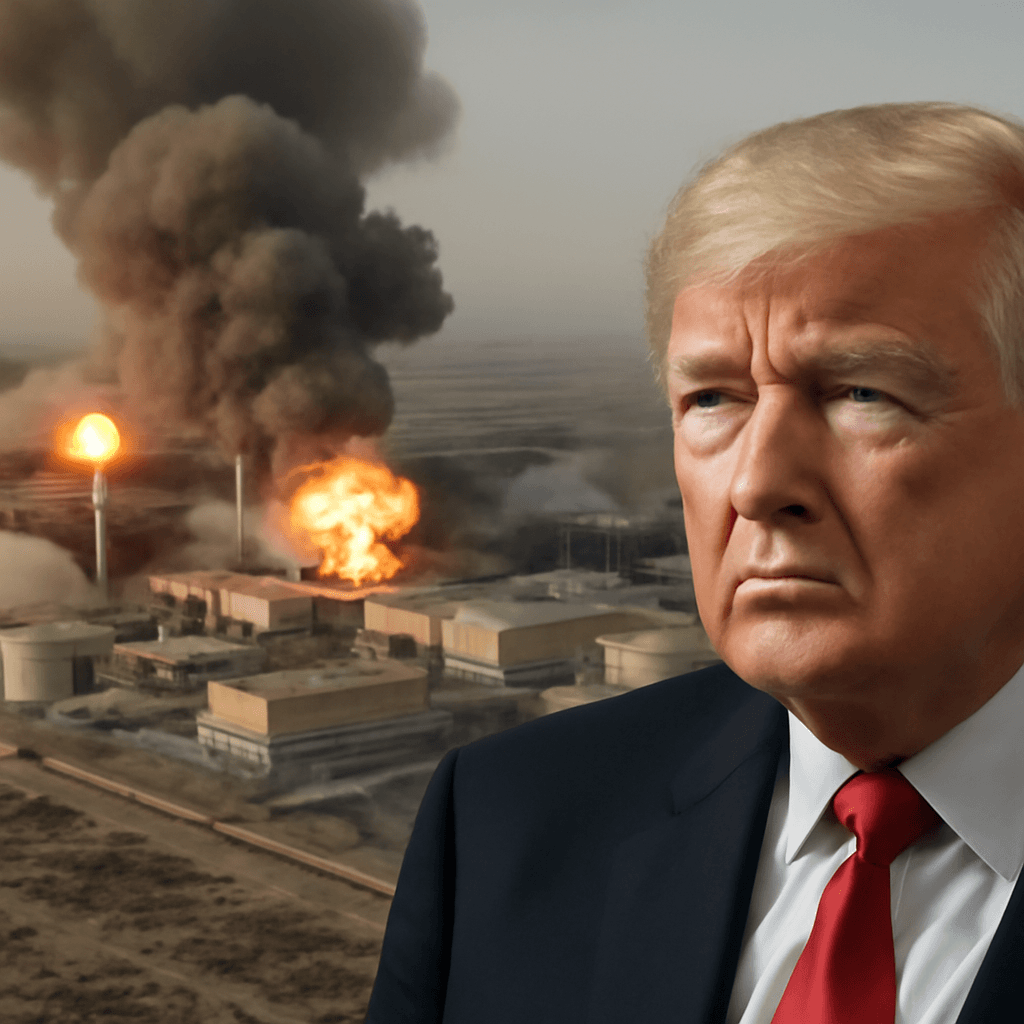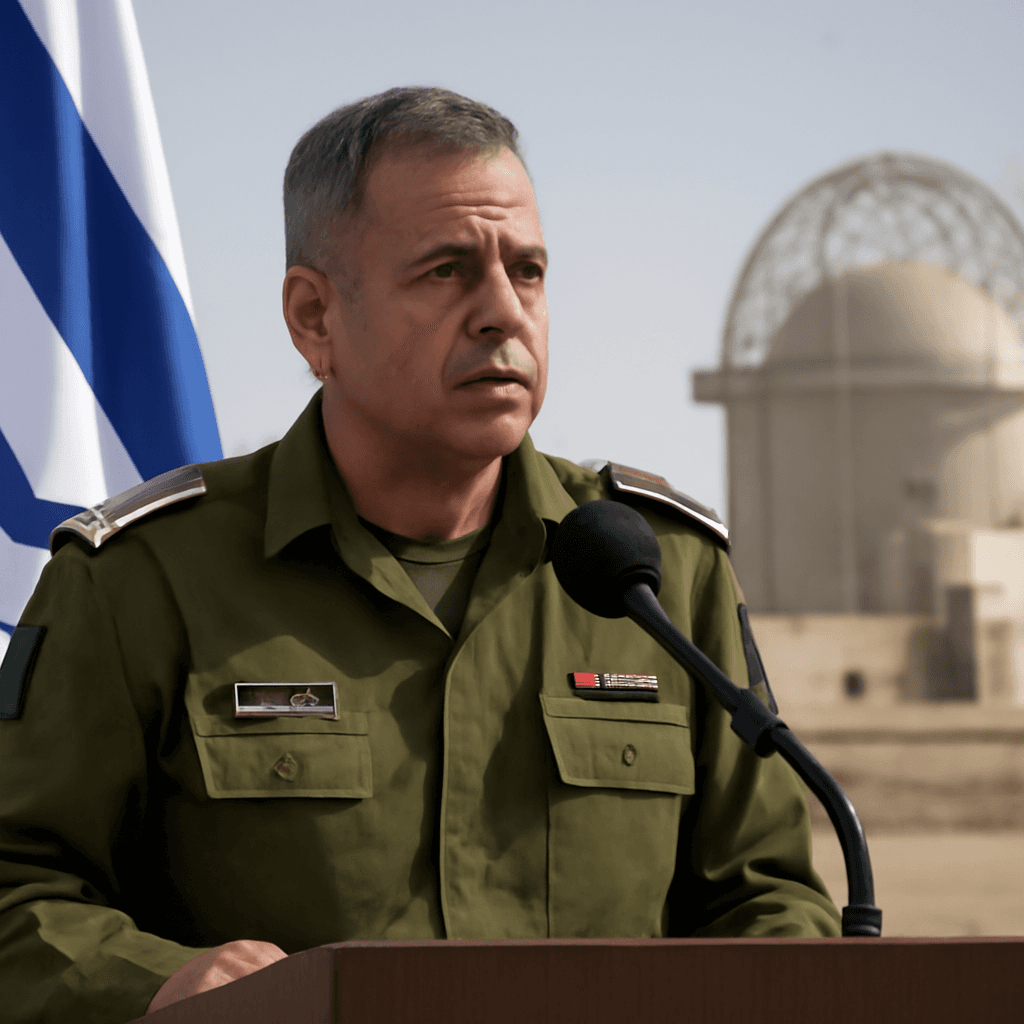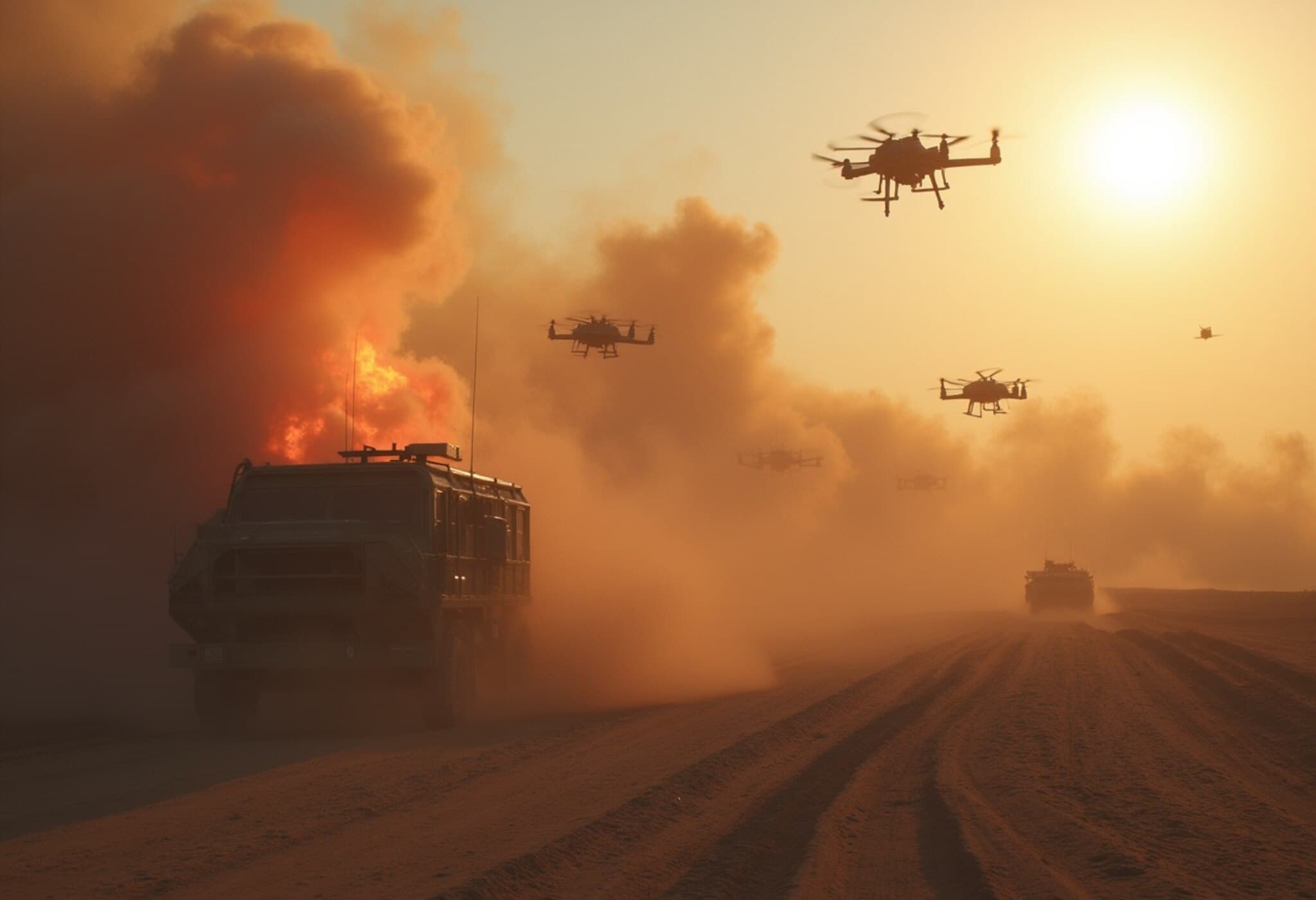How Iran's Overconfidence Led to a Deadly Israeli Military Response
On June 13, 2025, Tehran experienced a catastrophic blow as Israeli forces launched precise and deadly airstrikes targeting the Iranian capital and strategic sites across the country. The attacks decimated vital military infrastructure and eliminated key figures, including the Iranian military chief Mohammad Bagheri and IRGC Commander General Hossein Salami.
Warning Signs in Iran’s Military Posture
In the months leading up to the strikes, Iran projected an image of unshakable military strength. Under General Salami’s leadership, the Islamic Revolutionary Guard Corps (IRGC) flaunted expanding missile arsenals and unveiled new underground missile bases designed to withstand technological warfare and deliver powerful strikes. Public declarations emphasized Iran’s growing missile capabilities, portrayed as safeguards against any potential attack by Israel or the United States.
However, this display of invulnerability masked a critical miscalculation. Iran’s leadership appeared overly confident that its ballistic missiles, regional proxy forces, and drone technology would deter any direct confrontation.
Nuclear Developments Heighten Tensions
Adding to this sense of bravado, Iran announced the inauguration of a third, advanced uranium enrichment facility just hours before the Israeli strikes. This move came in defiance of escalating international scrutiny, following a recent censure resolution by the International Atomic Energy Agency (IAEA) criticized by European and US powers.
The Iranian government signaled potential withdrawal from cooperation with the IAEA, further straining diplomatic efforts and signaling its determination to maintain and expand its nuclear program despite global pressure. This escalation only intensified regional and international concerns about Iran’s intentions.
Missed Diplomatic Opportunities and Growing Regional Alarm
Even neighboring countries sought to prevent conflict. In April 2025, Saudi Arabia’s Defence Minister personally urged Tehran to take advantage of US proposals for renewed nuclear talks, cautioning that refusal could trigger war — likely initiated by Israel.
Despite these diplomatic warnings and mounting tension, Iran persisted in importing missile components, supplying regional militias, and maintaining a hardened stance, alienating potential mediators and fueling fears of further instability.
The Devastating Israeli Counterstrike
The Israeli assault struck deep into Iranian territory, targeting major cities including Tehran, Bushehr, and Natanz. Eyewitnesses reported plumes of smoke over the capital and confirmed civilian casualties. The operation’s precision eliminated high-profile military leaders and nuclear scientists who were instrumental to Iran's defense and nuclear programs.
Notably, attacks at the Natanz nuclear plant exposed critical weaknesses in Iran’s defensive systems, undermining the supposed effectiveness of recent military exercises designed to counter electronic warfare and sabotage.
Strategic Oversights and the Fallout of Hubris
Iran’s failure to anticipate or prevent the Israeli strikes reveals significant blind spots. The regime’s confidence in its self-reliance and ideological resilience blinded it to practical vulnerabilities. Its regional alliances, once robust, have weakened substantially, with proxy groups like Hezbollah and Hamas diminished and former allies losing power. Attempts to compensate by arming militias in Iraq and Yemen failed to offset these declines.
Moreover, Iran underestimated how quickly the diplomatic window could close. Factional divisions and mistrust of the West prevented Tehran from capitalizing on a rare US offer for talks. Instead, it doubled down on confrontation, ignoring mounting regional and international warnings.
Lessons in Overreach and Consequences
This episode illustrates the dangers of strategic hubris. Believing itself invincible, Iran pushed its military and nuclear programs forward while downplaying risks. Disconnected from diplomatic realities and facing internal and external pressures, it miscalculated the consequences, prompting a swift and damaging Israeli response.
The ramifications are profound: Iran suffered a crippling setback to its military leadership and nuclear ambitions, revealing important gaps between rhetoric and capability. The fallout signals a volatile new phase for regional security, with repercussions likely to reverberate far beyond Iran’s borders.

